What vitamin deficiency causes you to feel cold?
.png?v=1673278755251)

Related products
What vitamin deficiency causes you to feel cold?
Are you feeling abnormally cold no matter how many layers you wear or how high you turn the thermostat?
Being cold can be a sign of vitamin deficiency.
Let’s explore the different vitamin deficiencies that can cause you to feel colder than usual.
Vitamin B12 Deficiency
One of the most common causes of feeling cold is a vitamin B12 deficiency. Vitamin B12 is essential for red blood cell production, which carries oxygen throughout our body. When your levels are low, your tissues have less oxygen, which makes it harder to stay warm.
If left untreated, a vitamin B12 deficiency can lead to anaemia, another condition that can cause you to feel cold all the time. People who are vegan or vegetarian may be more likely to develop a vitamin B12 deficiency because they do not eat animal products, which are rich in this nutrient. However, anyone can be deficient in this important vitamin due to digestive issues or medications that interfere with absorption.
Iron Deficiency
Another common cause of feeling cold is iron deficiency anaemia, caused by low iron levels.
Like with B12 deficiencies, having an iron deficiency means that your body doesn't produce enough red blood cells, so there's less oxygen being carried throughout your body—which leads to feeling cold all the time.
Iron-rich foods include red meats (especially beef), seafood, dark leafy greens like spinach and kale, legumes such as beans and lentils, nuts and seeds like cashews and pumpkin seeds, and quinoa.
Vitamin D Deficiency
Vitamin D plays an important role in keeping our bones strong and healthy but it also helps regulate our body temperature by regulating hormones that play a role in temperature control, like cortisol and adrenaline.
A lack of Vitamin D can lead to feeling colder than normal even when the ambient temperature isn't especially low—so if your home or office stays at a comfortable 72 degrees but you still find yourself constantly reaching for extra layers, then you could be lacking in this essential nutrient!
You can get Vitamin D from foods like fatty fish (salmon or tuna), eggs, fortified milk products (like almond milk), mushrooms, fortified cereals or through direct sunlight exposure (when it's safe to do so).
Other Possible Causes
Thyroid Gland and Blood Flow
One of the most common causes of cold intolerance is a malfunctioning thyroid gland. The thyroid regulates body temperature and helps control blood flow in the blood vessels. When there is a disruption in the normal functioning of the thyroid, it can lead to cold hands and feet, as well as feeling cold all over.
If you think this could be the cause of your chronic coldness, it is important to speak with your doctor about getting tested for thyroid dysfunction.
Vitamin Deficiency Anaemia
Another possible cause of feeling cold all the time is vitamin deficiency anaemia. Anaemia is caused by a lack of healthy red blood cells that are able to carry oxygen throughout your body.
This type of anaemia can be caused by low iron intake or absorption due to inadequate nutrition or digestive problems such as celiac disease or inflammatory bowel disease (IBD). Iron-deficient anaemia can also lead to decreased muscle mass and a weakened immune system, which can contribute to reduced cold tolerance and increased risk for illness.
High Blood Pressure
High blood pressure can also contribute to feeling colder than usual. High blood pressure restricts blood flow throughout our bodies, making us feel colder than we typically would at rest or during exercise.
Additionally, high blood pressure medications may also have side effects that include feeling colder than normal due to reduced circulation and body temperature regulation.
How to tell if you're deficient in a certain vitamin?
In order to determine if your diet is missing essential vitamins or nutrients, it's important to pay attention to your overall health and any common signs of vitamin deficiency.
Look for changes in weight, fatigue levels, skin or hair health, or cognitive abilities as potential indicators.
If you feel like you're falling short, consider visiting a doctor or registered nutritionist—they can assess for deficiencies and recommend long-term dietary plans that will get you back on track with optimal nutrient intake.
Fortunately, there are many sources of vitamins and minerals in the food we eat, and paying attention to what's on your plate can help keep your body feeling and operating at its best so you can stay healthy in the long run.
How to get more of the appropriate vitamins into your diet?
Vitamin D
The best source of vitamin D is sunlight, but that isn’t always an option depending on where you live or the time of year. Other good sources include fatty fish like tuna and salmon and egg yolks.
You can also get vitamin D from fortified foods such as cereals and dairy products. If these options don’t fit your dietary restrictions, consider taking a supplement instead.
B12
Vitamin B12 is found naturally in animal proteins such as meat and eggs; however, it can also be taken as a supplement if needed.
If you choose not to take a supplement, then be sure to eat plenty of fortified cereals or other plant-based sources such as nutritional yeast or seaweed.
Another option is to opt for foods that have been enriched with vitamin B12, such as some plant-based milk or breakfast cereals.
Iron
Iron helps form haemoglobin which carries oxygen throughout our bodies; it also helps regulate cell growth and repair damaged cells faster than normal.
The best sources of iron are red meats such as beef, pork, and lamb, along with dark poultry like turkey or duck legs.
Plant-based sources include nuts, legumes, and dark green leafy vegetables like spinach or kale; however, these plant-based sources are not absorbed by the body as easily, so be sure to pair them with foods high in vitamin C like citrus fruits or tomatoes for better absorption rates.
Taking an iron supplement may also be advisable if you are unable to get enough through food alone.
Conclusion
Feeling colder than normal could mean something is lacking in your diet - specifically vitamins and minerals related to red blood cell production like iron and Vitamin B12 and cholesterol regulation via Vitamin D intake from food sources or sunlight exposure when possible.
It’s important to speak with your doctor if you’re concerned about having any vitamin deficiency as they will recommend tests and treatments based on your individual needs.
With proper monitoring from medical professionals combined with dietary changes, it should be possible to feel warmer again soon!



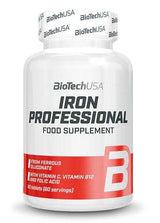
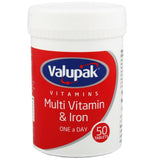


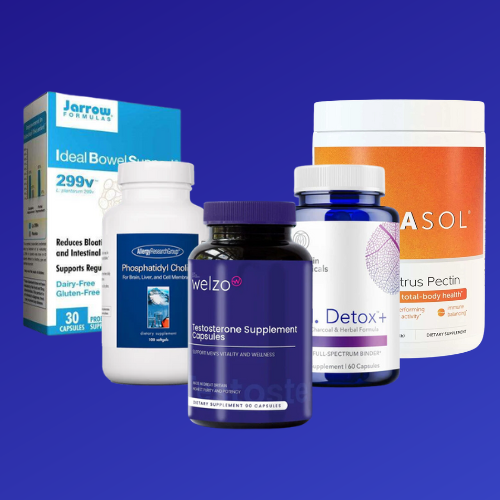
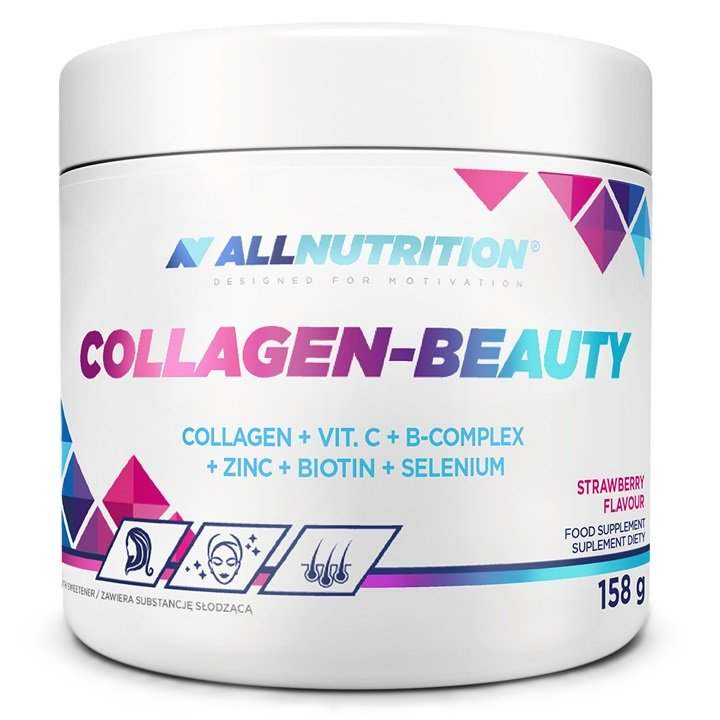
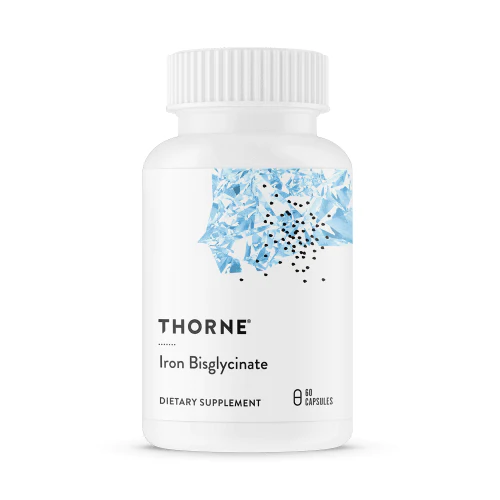


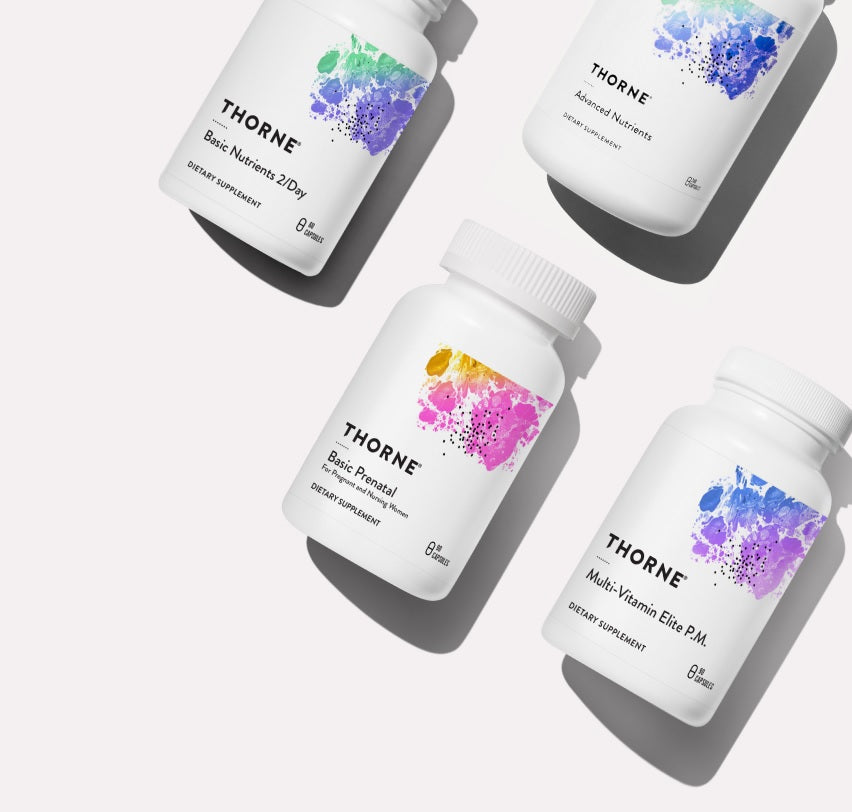
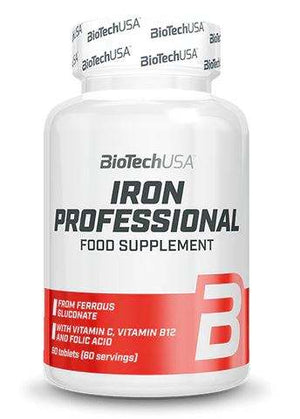
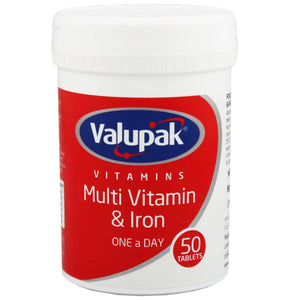


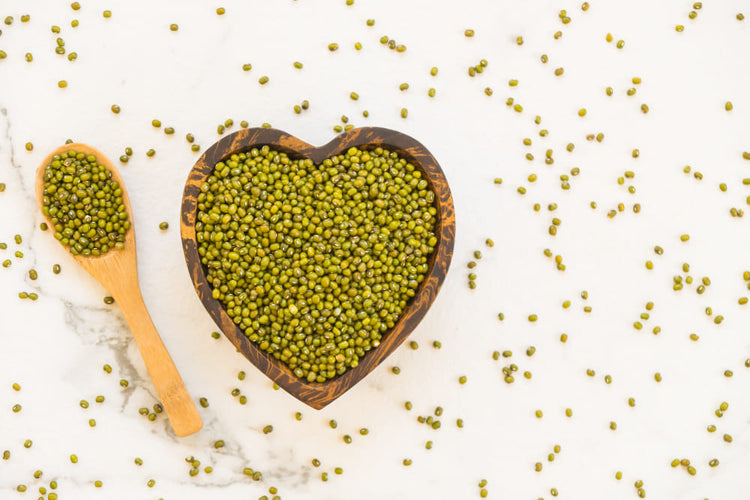


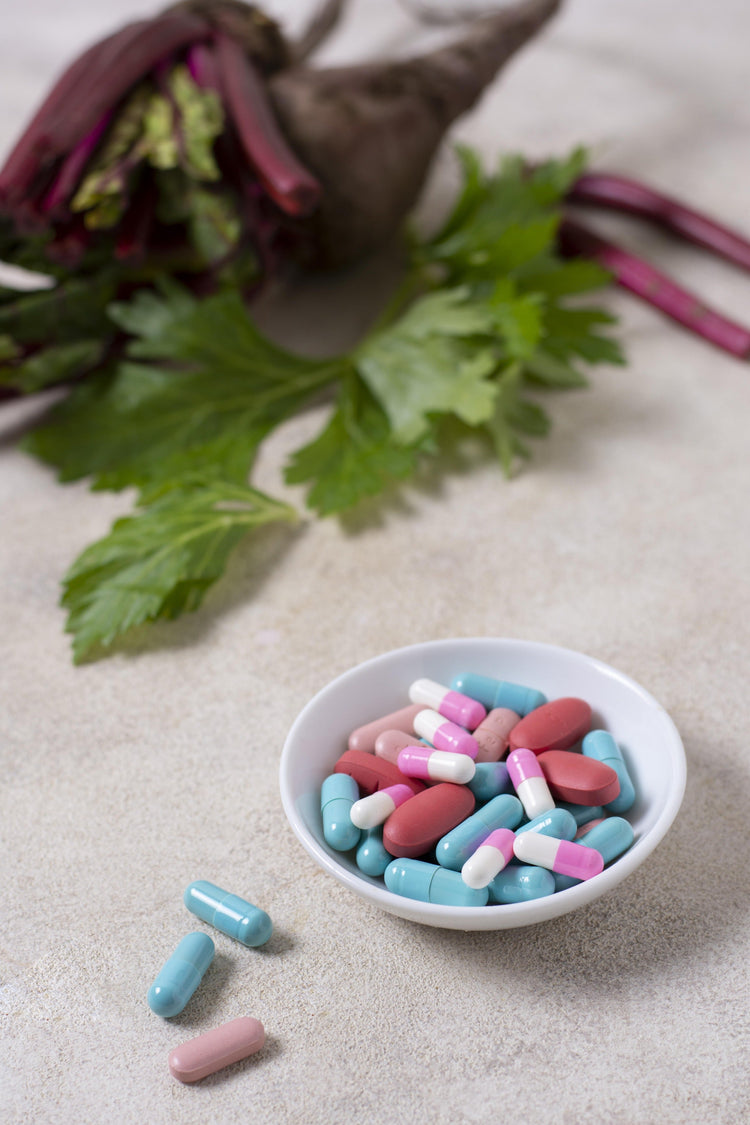




 Rated Excellent by 26,523+ Reviews
Rated Excellent by 26,523+ Reviews